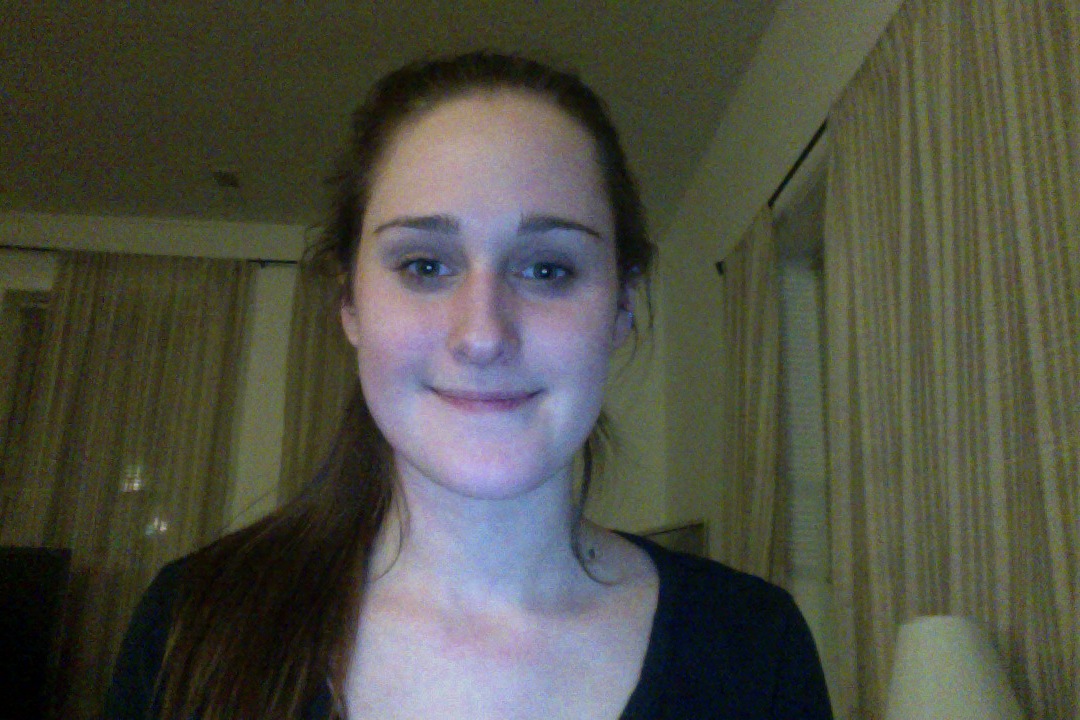Celebration of Scholars
Struggles between traditional and modernization in Senegal
 Name:
Christina Smerko
Name:
Christina Smerko
Major: French Communication
Hometown: Chicago
Faculty Sponsor:
Other Sponsors:
Type of research: Senior thesis
Abstract
In my thesis research, I will be analyzing the internal
conflicts that the main character has throughout the book L’aventure Ambigue by
Cheikh Hamidou Kane. The book is set in a very traditional Senegalese village
where Western influences are not welcome. The main character, a young
Senegalese boy, is sent to France for his studies where he learns more Western
ideals and philosophical thoughts. We see a great struggle between keeping his
traditional Islamic customs and learning how to live with his new Western philosophies.
This character struggles to find the middle way between traditional and modern
life. I will also be comparing his struggles with today’s more modern Senegal
and see if the same conflicts still apply to today’s Senegalese population.
Submit date: March 19, 2015, 9:50 p.m.
